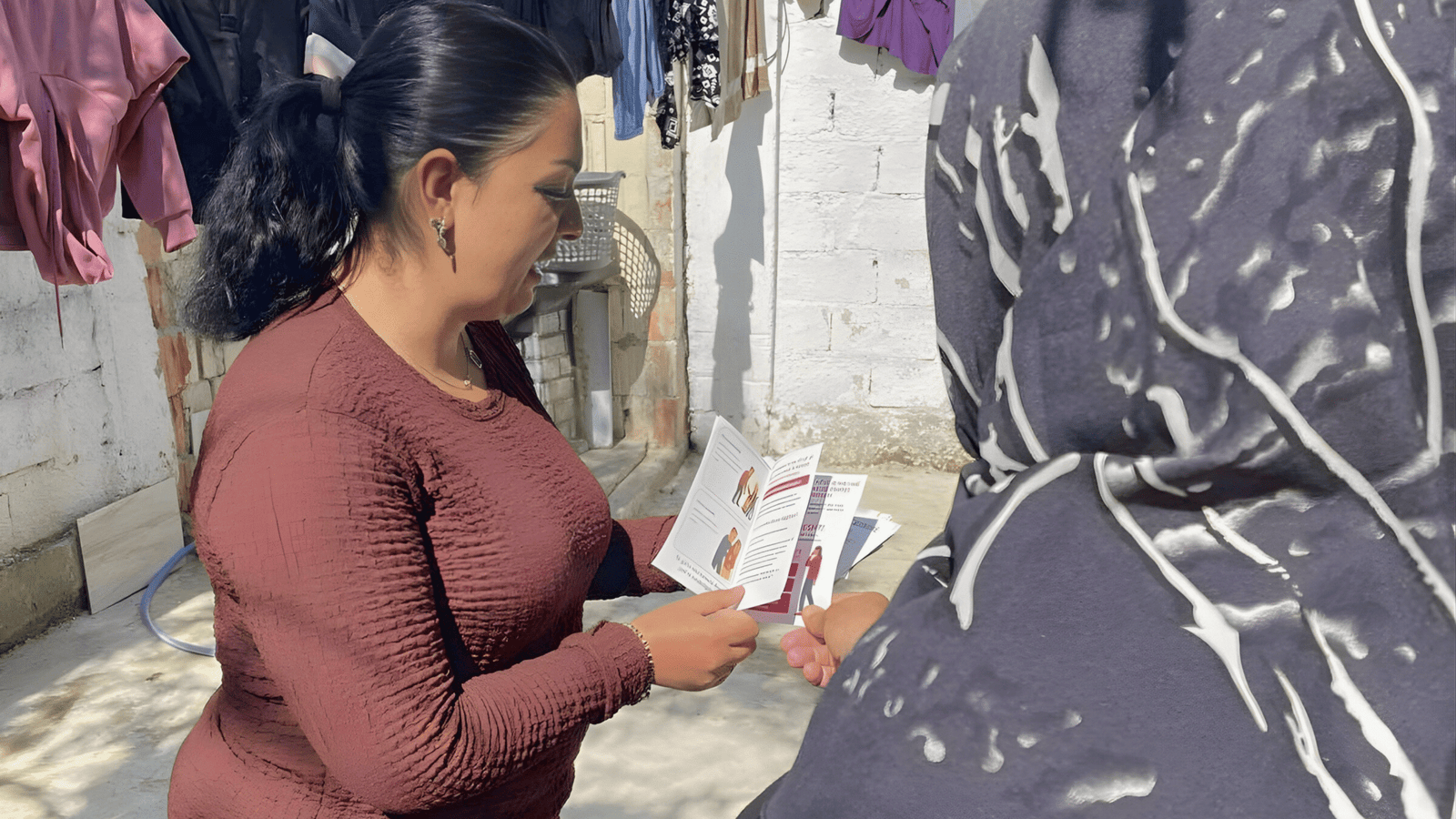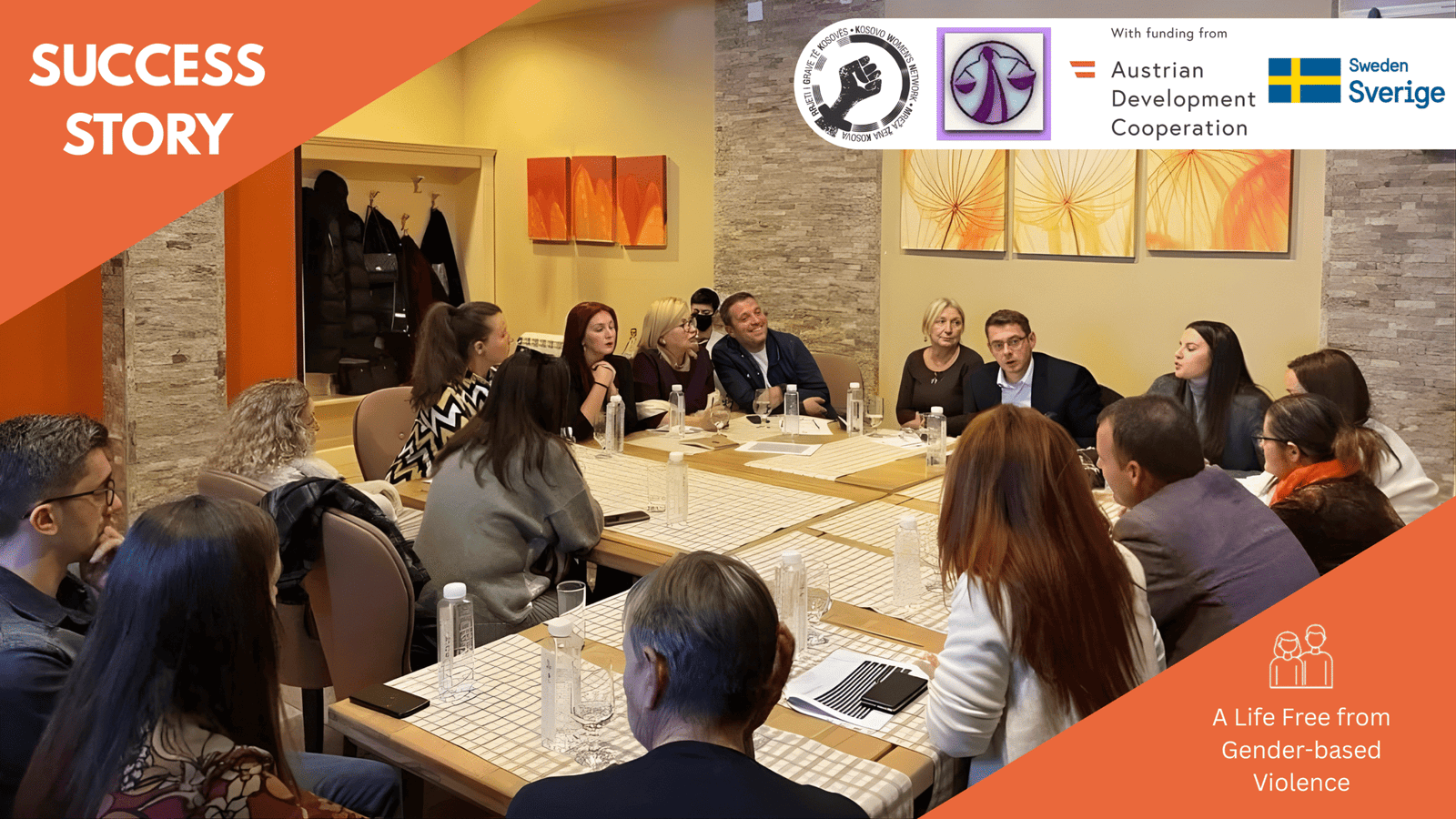On 22-23 September, Kosovo Women’s Network (KWN) Board Member Maria Berishaj took part in the Berlin Process Civil Society and Think Tank Forum 2025, held in Podgorica, Montenegro.
The Berlin Process, launched by Germany in 2014, is a platform aimed at strengthening cooperation between the six Western Balkan countries and EU member states. Since its inception, it has been carried forward through annual summits hosted each year by a different country – this time, the United Kingdom.
Alongside the Summit, the process features ministerial meetings and several side events. One of them is the Civil Society and Think Tank Forum, which provides civil society organisations and think tanks with the opportunity to engage directly with policymakers from the region and the EU. In doing so, they bring their perspectives into an otherwise high-level political process and help ensure that citizens’ diverse needs and priorities are adhered to in the Western Balkan countries’ EU integration processes.
This year, the Civil Society and Think Tank Forum brought together more than 130 civil society representatives to exchange ideas and solutions on six key topics shaping the region: Common regional market and growth; Gender and diversity; Reconciliation and dealing with the past; Environment, energy and decarbonization; Security; and Good governance.
“A particularly powerful discussion unfolded around gender and diversity,” says Maria Berishaj. “Despite formal commitments, reforms remain fragmented, underfunded, and increasingly undermined by rising anti-gender movements and shrinking civic space. Marginalized groups – including women, LGBTIQ+ persons, Roma, and youth – continue to face structural discrimination, while grassroots CSOs are often sidelined and underfinanced.”
To tackle these issues, the panel on gender equality recommended:
- Mainstreaming gender equality in all reform processes, ensuring integration into growth plans, common regional market, green transition, and digital transformation agenda.
- Launching a Gender Innovation Fund to support intersectional CSO-led pilot initiatives and institutional reforms in areas such as care economy, reconciliation, digital inclusion, and local democracy – designed to be transparent, participatory, and accountable.
- Providing sustainable financing for feminist infrastructure, including core long-term funding for feminist CSOs and independent gender research centers in the Western Balkans.
- Ensuring direct financing mechanisms for national and local-led organisations, particularly those working with structurally excluded communities, to avoid over-reliance on international intermediaries.
By amplifying these voices, the Civil Society and Think Tank Forum demonstrated that meaningful change in the Western Balkans depends not just on high-level commitments, but on inclusive, well-supported, and diverse civil society participation.







